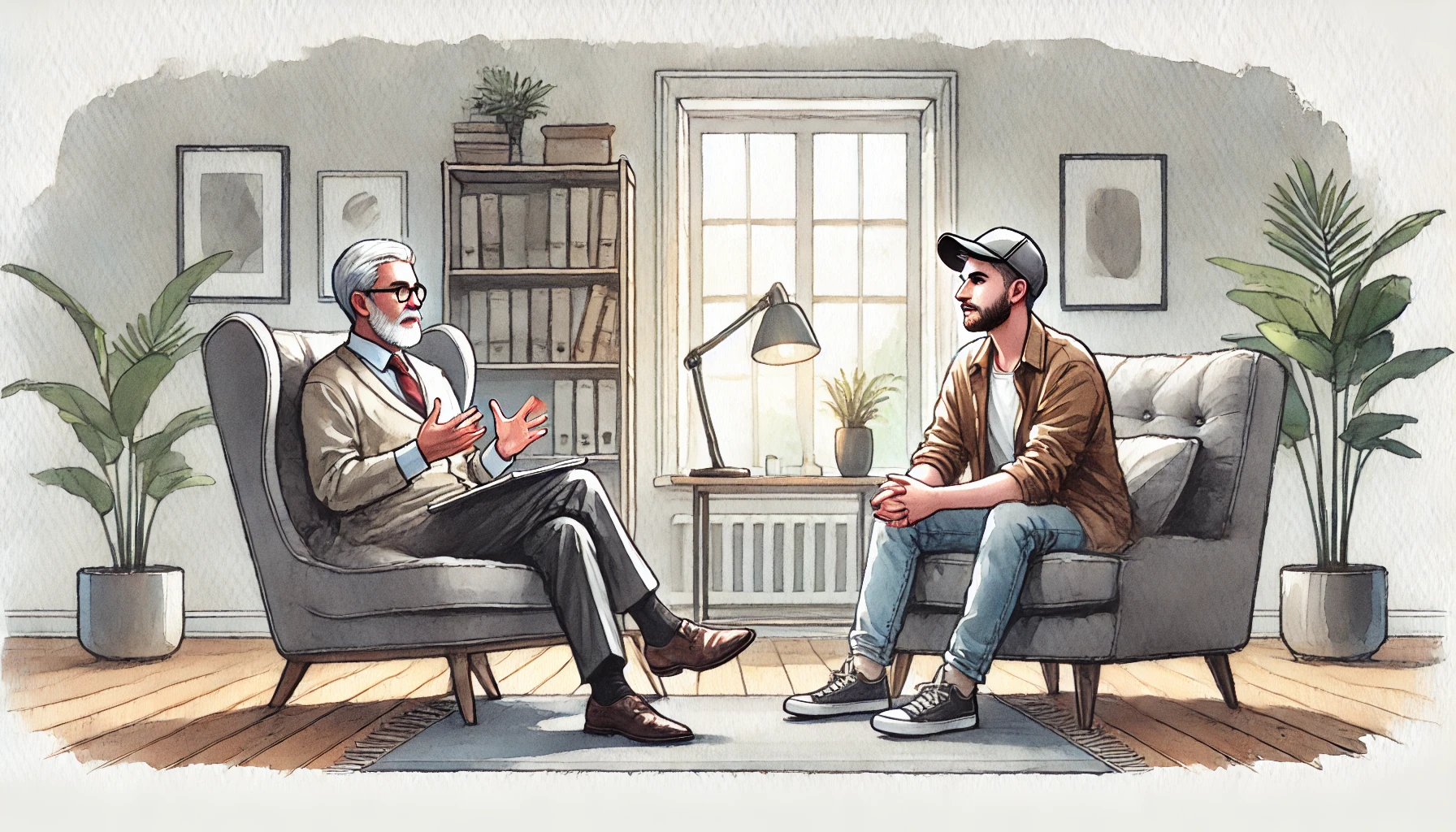The cost of therapy often serves as a barrier, preventing those in need from seeking the help they deserve. To bridge this gap, I have committed to offering low-cost psychotherapy, ensuring that quality mental health care is accessible to all. Here’s why affordable therapy does not equate to low quality.
Breaking the Stigma Around Affordable Therapy
Firstly, it’s important to address a common misconception: affordable therapy is not synonymous with subpar care. The cost of therapy can be influenced by numerous factors, including the therapist’s location, overhead expenses, and market dynamics. Offering low-cost therapy is a deliberate choice to make mental health services more inclusive, not a reflection of the therapist’s skills or the quality of care provided.
Why Low-Cost Therapy is Essential
Accessibility for All
Mental health issues do not discriminate based on income, yet access to therapy often does. By offering low-cost therapy, we can reach individuals who might otherwise be excluded due to financial constraints. This inclusivity is essential for fostering a healthier, more supportive community where everyone has the opportunity to heal and grow.
Prevention and Early Intervention
Affordable therapy enables early intervention, which can prevent mental health issues from escalating. When therapy is financially accessible, individuals are more likely to seek help at the first signs of distress, leading to better outcomes and, ultimately, lower long-term costs for both the individual and society.
Reducing the Economic Burden
Mental health issues can have significant economic repercussions, including lost productivity, absenteeism, and increased healthcare costs. By providing affordable therapy, we can alleviate some of these burdens, contributing to a more robust and resilient economy.

Maintaining Quality in Affordable Therapy
Offering low-cost therapy does not mean cutting corners or compromising on the standards of care. Here’s how we ensure that affordability and quality go hand in hand:
Rigorous Training and Continuing Education
As a trainee therapist, I am undergoing extensive training and adhere to strict professional standards. I also engage in ongoing education to stay updated with the latest advancements in the field. This commitment to learning and growth ensures that my clients receive the highest quality of care, regardless of the therapy’s cost.
Personalised Treatment Plans
Every individual’s mental health journey is unique. I develop personalised treatment plans tailored to each client’s specific needs and circumstances under the supervision of experienced professionals. This bespoke approach ensures that therapy is effective and responsive to individual challenges and goals.
A Focus on Evidence-Based Practices
The therapies offered are grounded in evidence-based practices, meaning they are backed by research and proven to be effective. This scientific foundation ensures that the methods used in therapy are reliable and beneficial, providing clients with the best possible outcomes.

The True Measure of Quality
Quality in therapy is ultimately measured by the positive impact it has on clients’ lives. Success is seen in the improved well-being, resilience, and personal growth of those who seek help. Offering affordable therapy amplifies this impact, allowing more individuals to benefit from professional support without the added stress of financial strain.
Conclusion
The decision to offer low-cost psychotherapy stems from a deep commitment to making mental health care accessible to everyone. By dispelling the myth that affordable therapy equates to low quality, we can encourage more individuals to seek the help they need. Quality therapy is defined not by its price, but by the care, expertise, and dedication of the therapist. Everyone deserves the opportunity to heal and thrive, and affordable psychotherapy is a step towards a more inclusive and compassionate society.

